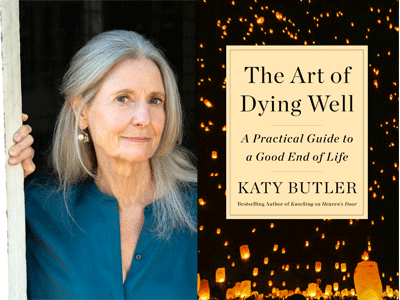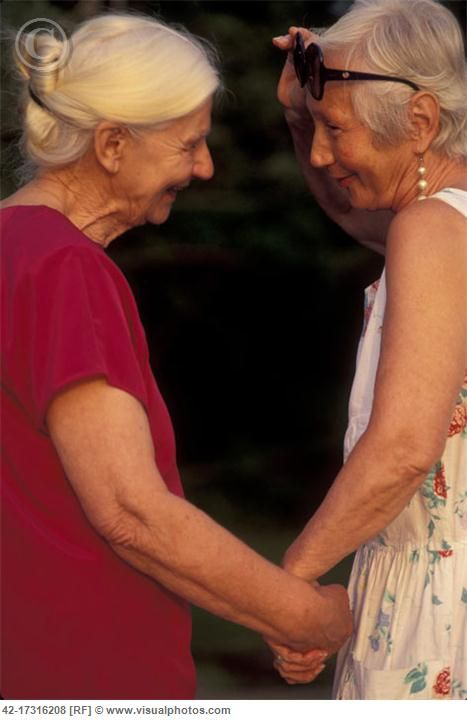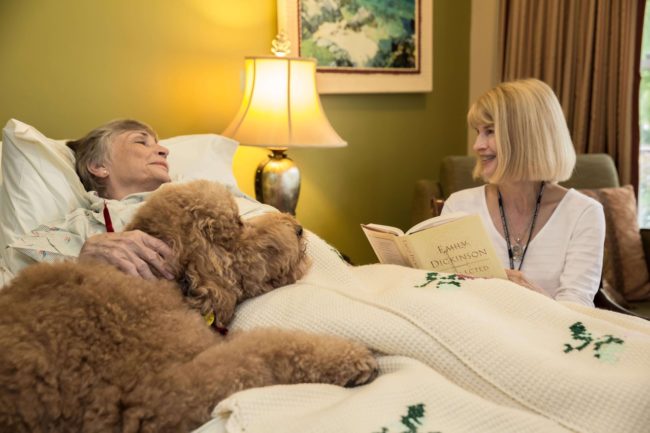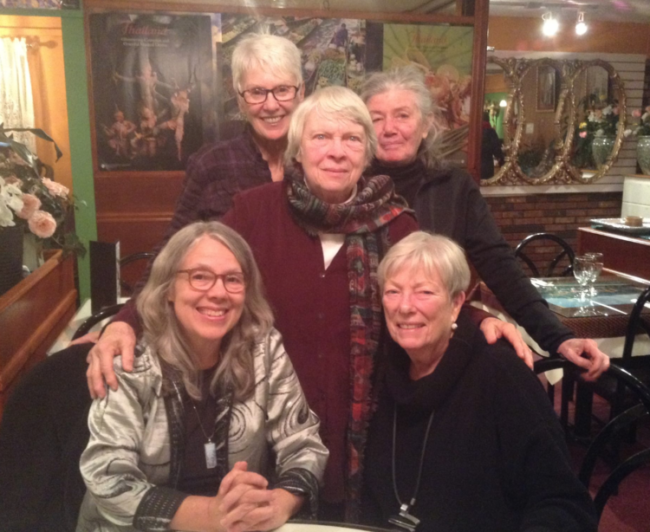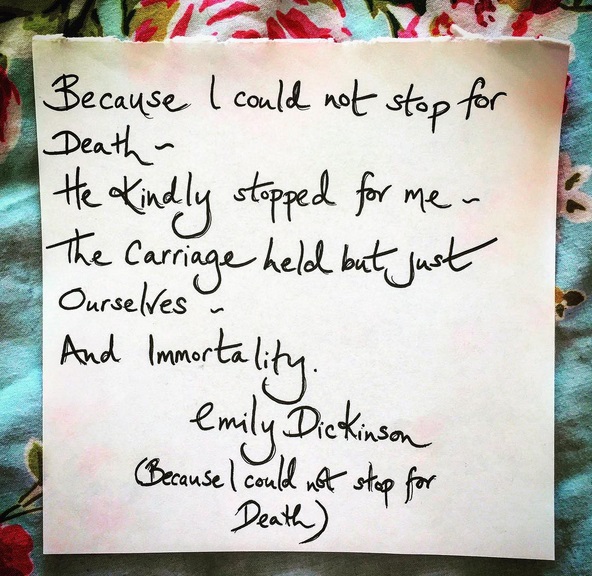When I mentioned to a friend that I was reading Katy Butler’s new book, The Art of Dying Well, her response was: “That sounds grim.” Another friend was similarly put-off, saying, “I try not to think about death. It’s too depressing.”
After finishing Butler’s book I felt anything but depressed. I felt empowered after learning I have a lot more control over how I die than I had previously thought. Butler teaches us how to die through compassionate guidelines that start when you’re in good health, taking you from the inevitable slowing down to being diagnosed with a fatal illness to planning your last days.
Get your ducks in a row by preparing the necessary legal papers. Select a close relative or friend to be your power of attorney: someone who will make sure your preferences for end of life care are honored. Butler suggests a family member is not always the best choice because they may be too emotionally involved to carry out your requests.
Next compose a living will including a DNR (Do Not Resuscitate Order). For details on completing a DNR see the website, AgingwithDignity.org.
Usually a DNR is part of an Advanced Care Directive, which states how you want to die. Do you want heroic medical efforts to keep you alive or do you want medical procedures to stop when quality of life disappears? You don’t have to agree to medical procedures that carry risks and often only delay death by a few months.
For when you’re bed-ridden make a detailed comfort care list, which might include warm baths, poems read aloud, or favorite musical selections.
While paperwork is important, emotional support at the end of life is just as critical.
Organize a supportive tribe of friends and neighbors who are willing to lend a hand when you’re too sick to run errands or later when you need around-the-clock care. Your tribe can be a huge solace to family members who can easily become depleted or who may live at a distance.
What about the moment of truth when you learn that you have a terminal illness?
Most doctors will offer a vague prognosis of a few months or years. To penetrate doctor-talk Butler suggests asking detailed questions like how long you’ll be able to maintain your routines, when you’ll need nursing assistance, and when to contact Hospice.
When it comes to Hospice many people regard it as last minute, when in actuality individuals qualify six months before the estimated time of death. My mother received Hospice care for her last six months. It was invaluable in helping her come to terms with her death and with the emotional support offered the family. I will always treasure Hospice’s willingness to dispense hugs.
A good death should be a peaceful death where you try to settle past grievances to wipe the slate clean. Where possible try to make amends with conflictual relationships in your life. Finding faith through a spiritual community or through spiritual readings offers comfort as you face the end.
A good death involves sharing with family and friends how you want to die and engaging them in planning your memorial service. My children and grandchildren got a kick out of my saying I want everyone to wear polka dots at my memorial service.
The Art of Dying is a book I’m sure to return to again and again as I face my own decline. I’m grateful to Katy Butler for teaching me that I can be actively involved in shaping my death. I don’t have to be at the mercy of over-zealous doctors who can be more invested in cure than care. I can make my last days bearable and even spiritually rich.
.
